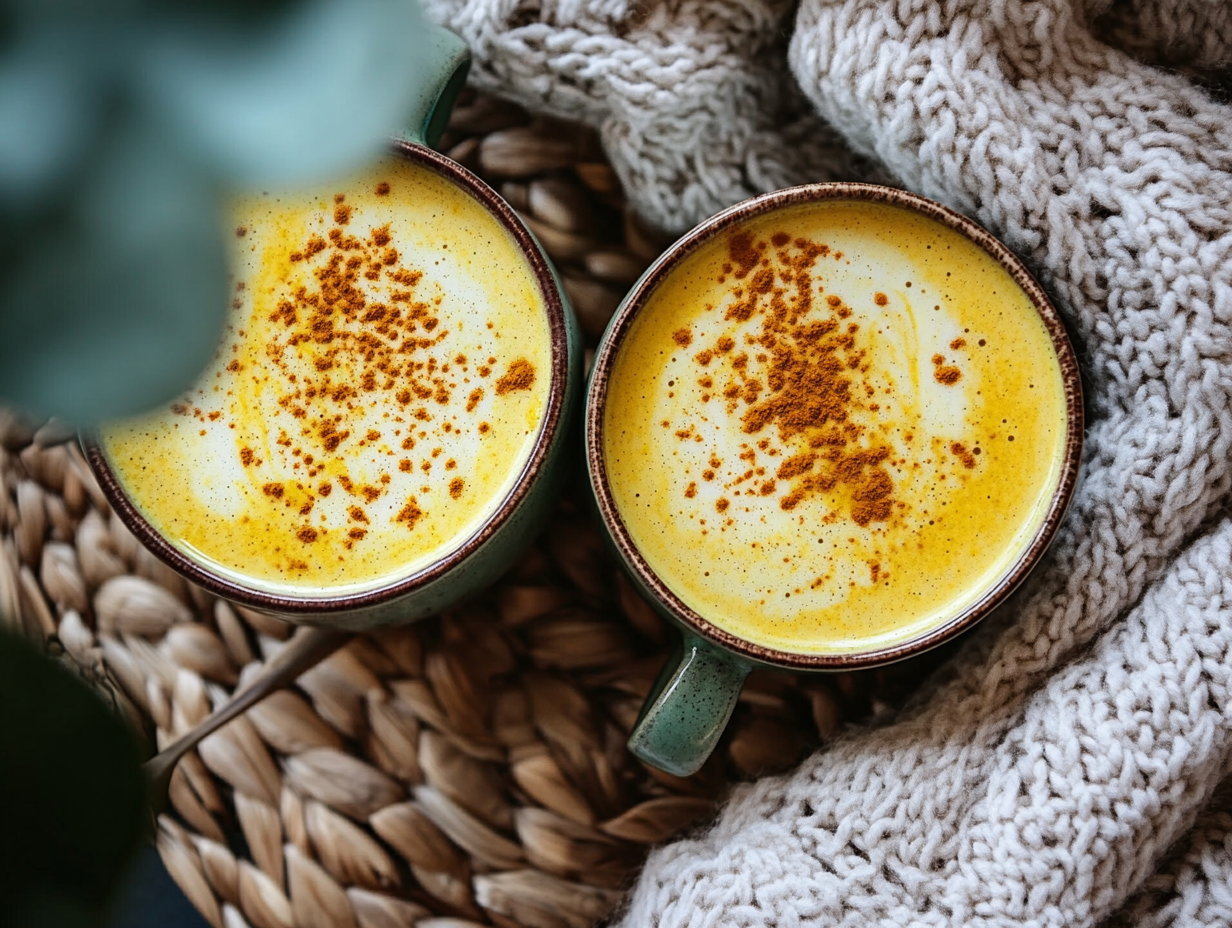If you are hungry for a post-dinner bite, make sure it’s healthy and sleep-friendly, promoting good, quality sleep.
After dinner, many have the habit of munching on something to satisfy their palate completely. But is it really necessary to eat after dinner, and more importantly, what should you ideally choose that won’t disturb your digestion and, in turn, affect your sleep?
Suvarna Sawant, Chief Dietitian and HoD, Clinical Nutrition and Dietetics, Nanavati Max Super Speciality Hospital, Mumbai, elaborated on whether eating after dinner can be made healthy, without affecting sleep quality.
She explained, “Generally, if one ensures a nutritious dinner or meal, there is no need to add anything to your post-dinner intake. However, considering most Indian household dinners, eating or drinking something light can aid digestion, promote restful sleep, and maintain stable blood sugar levels. Having said that, one should always avoid anything high in sugar, oil or fats as it can disrupt sleep and digestion. Choosing a small, nutritious snack post-dinner, especially the indigenous, readily available, region-specific ingredients, compatible with local climate and body types, can significantly improve sleep and overall well-being.”
Eating heavily after dinner can mess with your sleep, as your body is too focused on digesting all that food and any extras from a post-dinner meal. It all leads to discomfort throughout the night, a disastrous recipe for tossing and turning the entire night.
Here’s a list of foods to avoid and foods to include, as shared by dietitian Suvarna Sawant:
4 things you can have after dinner
1. Warm haldi milk: Turmeric (haldi) contains curcumin, a compound known for reducing inflammation and promoting sleep due to its calming effect.
2. Almonds: Almonds are the best source of magnesium and can help reduce stress hormones and muscle tension. Eating almonds before sleeping can aid relaxation and better sleep quality.
3. Bananas: Bananas are a rich source of potassium and magnesium. These minerals help relax the muscles and aid restful sleep.
4. Yoghurt or buttermilk (chaas): Rather than consuming over-the-counter probiotics, it’s better to source them naturally from yoghurt or buttermilk. The drinks also improve digestion and provide calcium.
3 foods to avoid
1. Desserts: Most Indians have a sweet tooth and crave to eat some kind of dessert after each meal. The same should be avoided after dinner, as high sugar levels can disrupt sleep and spike blood glucose.
2. Fried snacks: While one should avoid adding heavy and oily foods in dinner, adding the same in the post-dinner ritual should be completely avoided as it causes indigestion and discomfort.
3. Spicy foods: Eating anything spicy after dinner can lead to acid reflux and disturbed sleep patterns.






